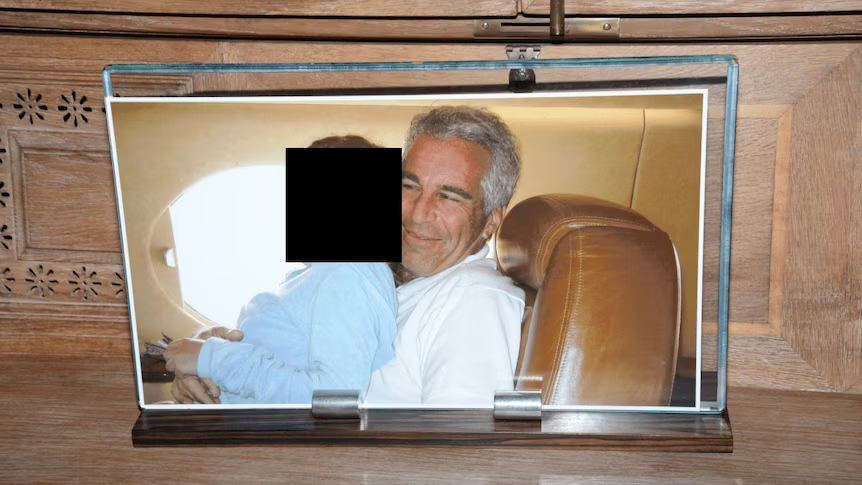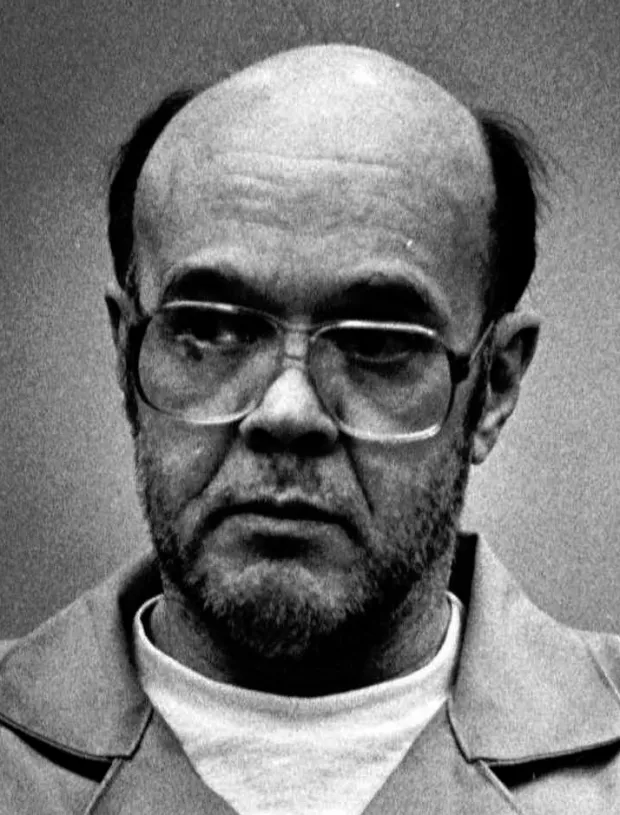David Bowie: Rock & Roll Legend
February 5, 2016
David Robert Jones, known as David Bowie, died recently of cancer on January 10, 2016. The rock & roll icon was born in England, and his career kick-started in 1969 after releasing “Space Oddity,” a classic staple in his musical history.
Throughout his career, Bowie modernized multiple genres of music; from rock, American jazz, and pop, he always added his own stylistic approach. He was known for working with many musicians to get the specific effect he wanted for each album, and experimenting in different areas of the music world. Almost every time, his music was a huge hit.
Role-playing, and creating different characters, was a primary example of how Bowie formed his own style and identity throughout his music career. Bowie starred in George Lucas’ production “Labyrinth,” as a futuristic Goblin King. This role was fitting after he had created his own futuristic character: Ziggy Stardust, a fantastically absurd character. Along with his background group, The Spiders from Mars, his futuristic costumes, wild hair, and passionate performances, generated curiosity, and broadened his fan base. After announcing the death of Ziggy Stardust, suddenly at a concert, Bowie then transformed by the mid 1970s to a “normal” version of David Bowie.
Normal is an overstatement as his success, despite the loss of Ziggy’s costumes, was proof that Bowie’s musical career was appreciated for far more than his appearance or creativity and artistic visuals. Bowie’s music often contained a powerful political or social message. They were often ones that young people today can still relate to. Bowie was one of the few artists who were aware and active about the environment and its destruction, and also stood for youthful expression. His song “Changes,” which may be one of his most well-known songs among this generation, says, “and these children that you spit on, as they try to change their worlds are immune to your consultations, they’re quite aware of what they’re going through.” This quote politely but strongly defends teenagers and their struggle to find their place on this Earth.
Socially, Bowie also brought something new to the table. He was open and comfortable about drugs and sex, including homosexuality, which was still a relatively new topic for the time. He was able to relate to the younger audience with these taboo topics, and making them acceptable and creative as an art form.
He remains an idol for the young generation socially, as well as an idol for musicians everywhere. Bowie will be missed as an artist, but we can be certain that he lived through his career to the very fullest, releasing an album less than months before his tragic death. Hopefully, generations to come will be able to listen to and experience Bowie’s music, and see the birth of the creative music movement Bowie brought into this world.



























































